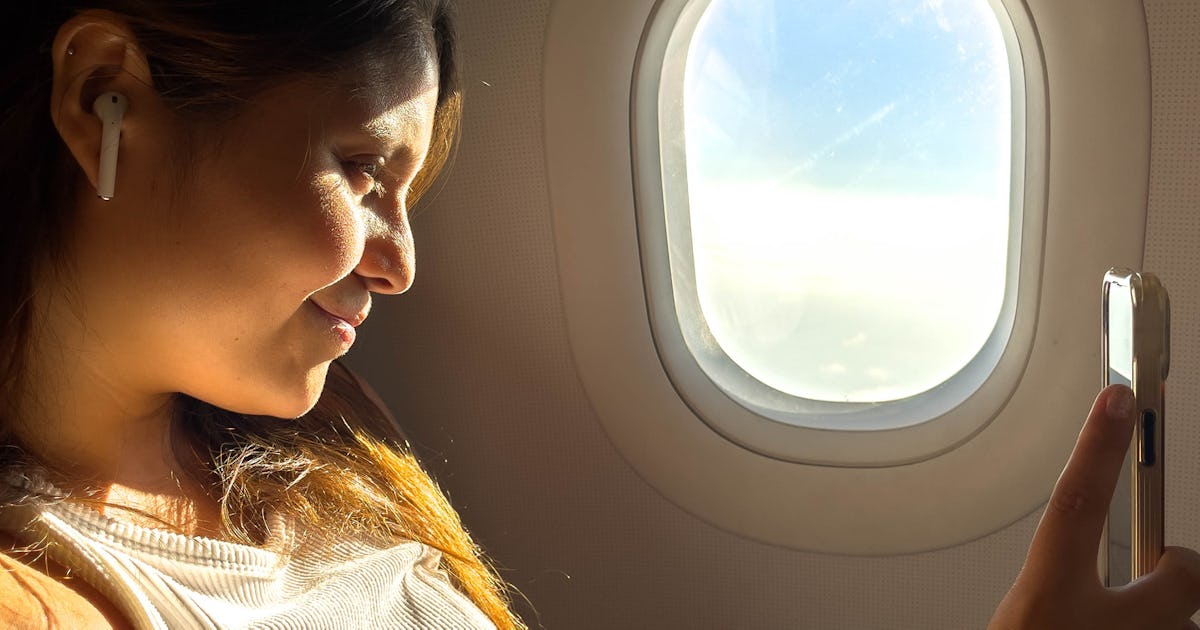Telesurgery in Nigeria: Ready or not?
In the quiet early hours of Wednesday morning in Zamfara, seven-year-old Amina fusses in her hospital bed. Her grandmother, Hajiya Fatima, has traveled three days by bus, carrying prayers and her life savings, hoping against hope. Amina needs surgery. Lifesaving surgery. In the old narrative, this story might end with impossible choices: the dangerous journey to Lagos, the prohibitive costs, the agonising wait. And worse yet the unimaginable.
But in this new story, the one we write together, something extraordinary unfolds.
At the Federal Medical Center Gusau, Dr Suleiman, a skilled surgeon, prepares for a procedure unlike any he’s ever performed. Five hundred kilometers away in Lagos, Professor I. Ogunbiyi, one of Nigeria’s most accomplished pediatric surgeons, settles before a revolutionary interface. Across fiber-optic cables, those same arteries that transformed Nigeria’s banking sector, flow not just data, but hope itself.
As Amina is gently prepped, robotic arms, the extensions of Ogunbiyi’s expert hands, stand ready. The operation begins. Every precise movement is guided by decades of experience and newly acquired skill, transmitted instantaneously across distance. Suleiman assists, learns, and bears witness to the new era of mastery unfolding.
Three hours later, Amina awakens. She will go home. She will play again. She will grow up.
This is not science fiction. This is telesurgery. It is real, rising, and within reach for a stroke patient; the aunty needing knee surgery; the man fighting cancer; the injured soldier. And this is Nigeria’s moment
For those unfamiliar with the term, telesurgery simply means surgery carried out from far away. A specialist surgeon sits at a control console miles away and uses high-speed internet to guide robotic arms in the patient’s operating room. Each precise movement the surgeon makes on the console is mirrored by the robot at the bedside, as if the surgeon’s hands could reach through the connection.
In this way, a patient in even a small hospital can get the same expert care as if the surgeon were right there in the room.
Nigeria has already turned the improbable into routine. A farmer in Kebbi transfers money to his daughter in Nsukka with a few taps. What was once felt unimaginable, mobile banking, instant alerts, real-time payments is now woven into daily life.
If Nigerians can move wealth across the country with such precision, why not healing? If money can cross borders in milliseconds, why not surgical expertise across state lines?
The same infrastructure that moves naira at the speed of thought can transmit something far more precious: the touch of a master surgeon’s hands, a chance at hope and renewed life.
Contrary to the familiar narrative of lack, Nigeria’s healthcare system holds more than promise. It holds proven capability. Federal Medical Centers, state hospitals, and private institutions routinely perform complex surgeries. Nigerian surgeons, internationally trained or sharpened by local intensity possess technical skills that match their global counterparts. Professional societies collaborate and foster genuine training, research, and academic exchange. Nigerian surgical voices are heard and respected in international conferences and peer-reviewed literature.
However, Nigeria’s progress demands strategic coherence. The ministries of education and health are building public simulation centers, while private hospitals invest in advanced training. The foundation is set.
Across oceans, Nigerian physicians continue to give back…through organisations like the Association of Nigerian Physicians in the Americas (ANPA), Doctors Foundation for Care (also known as Doctors for Change) and others, through quiet, consistent personal commitments, they remain tethered to home. Nigeria’s diaspora, fluent in both technology and context, is ready to lead.
We’ve seen pioneers like Dr Vipul Patel perform telesurgeries 7,000 miles away with millisecond precision. It is more than proof of concept; this is a blueprint for transformation.
Critics may question network reliability etc. But Angola’s successful pilot approved by the USA FDA showed us clearly that “it always seems impossible until it is done” quoting Nelson Mandela. The infrastructure exists; it simply awaits purposeful, coordinated deployment.
Telesurgery does not replace surgeons. It is about multiplying their reach. It acknowledges the reality: we cannot train enough surgeons fast enough to meet the need. But we can make immediately leverage telesurgery to bring expertise wherever needed, faster than roads can be built.
Imagine a Nigeria transformed into a connected surgical community: where a surgeon in Sokoto learns live from a mentor in Ibadan, expert in Kogi mentors another in Owerri, and Nigerian expert hands guide procedures not just in Kano, but in Cotonou, Yaoundé, and beyond.
The technology exists. The expertise is proven. The moment is here.
Nigeria must now decide…not to follow, but to lead.
True, Nigeria faces an array of urgent challenges, but as every great nation shows, tackling multiple priorities in stride is simply part of the journey. Transformation starts with action. Angola’s success came after two years of planning and disciplined execution, using everyday technology to do the extraordinary.
Angola, a nation numerous challenges and high prostate cancer deaths, has chosen bold innovation over stalled inertia and succeeded. Nigeria, the giant of Africa, can push now push further by combining audacious vision with disciplined, locally tailored execution.
We must act decisively. Initiating pilot programs in strategic locations around the country, cultivating global partnerships, and swiftly deploying targeted investments will not merely sustain, but elevate Nigeria’s healthcare system.
Now Nigeria writes a new chapter. A chapter where healing hands transcend distance. Let us remember Amina. For her, and thousands like her, hesitation is not an option. The choice to embrace telesurgery is strategic, economic….and profoundly humane.
Nigeria is not waiting for the future of surgery. Nigeria is bringing that future to life now.
Dr Ekwenna is Associate Professor of Urology and Transplanta on, University of Toledo, Toledo Ohio USA Robo c, Transplant and Urologic Surgeon, Global Health Advocate.







_1751880097.jpeg)
:strip_icc()/i.s3.glbimg.com/v1/AUTH_19863d4200d245c3a2ff5b383f548bb6/internal_photos/bs/2025/B/W/pMiklrQpuqarNJN6AjNw/menino-morre-meningite.jpg)
:max_bytes(150000):strip_icc()/Parents-ChildPeoplePleaser-b776f9e9107b4e7bbe73badc3ff1a4e9.jpg)



